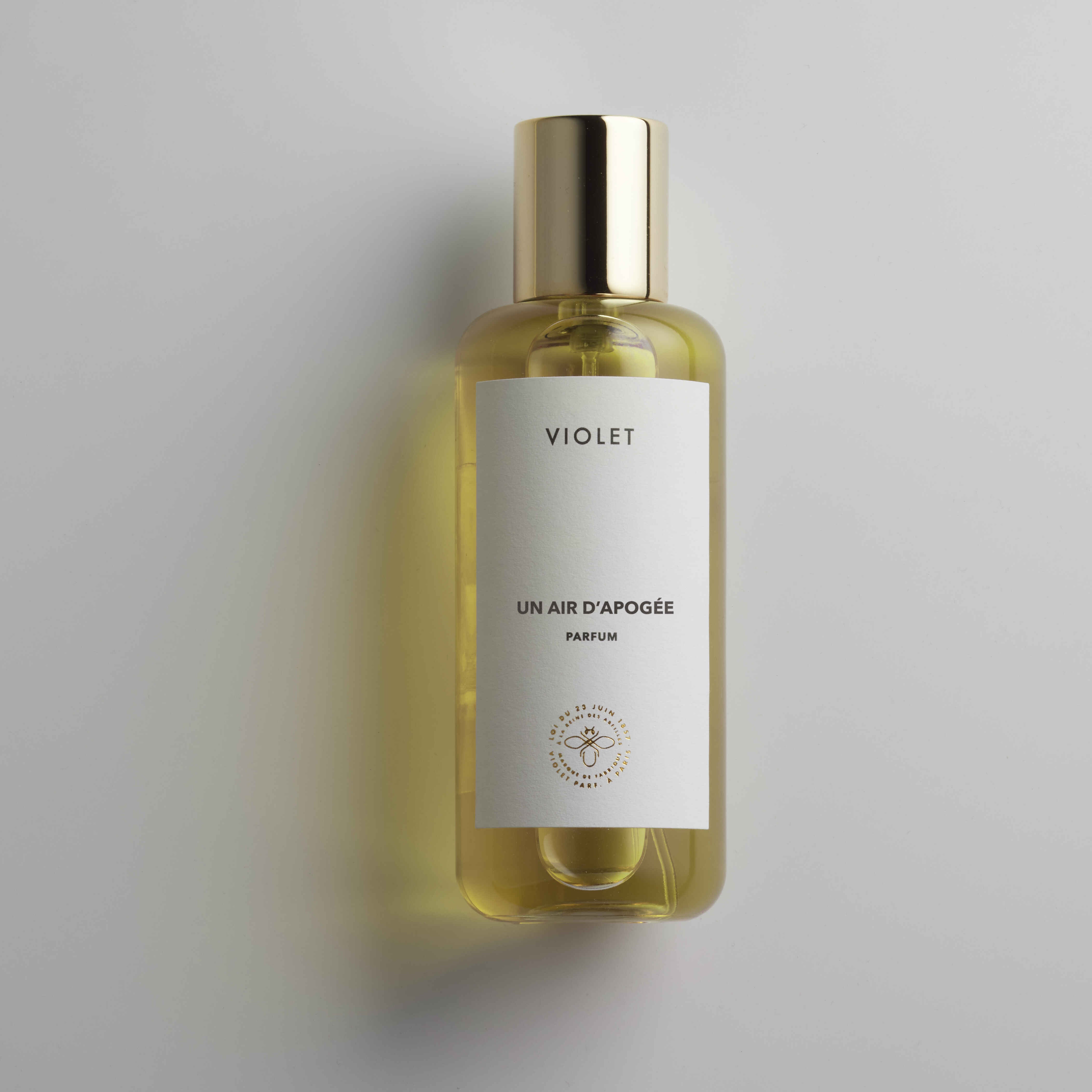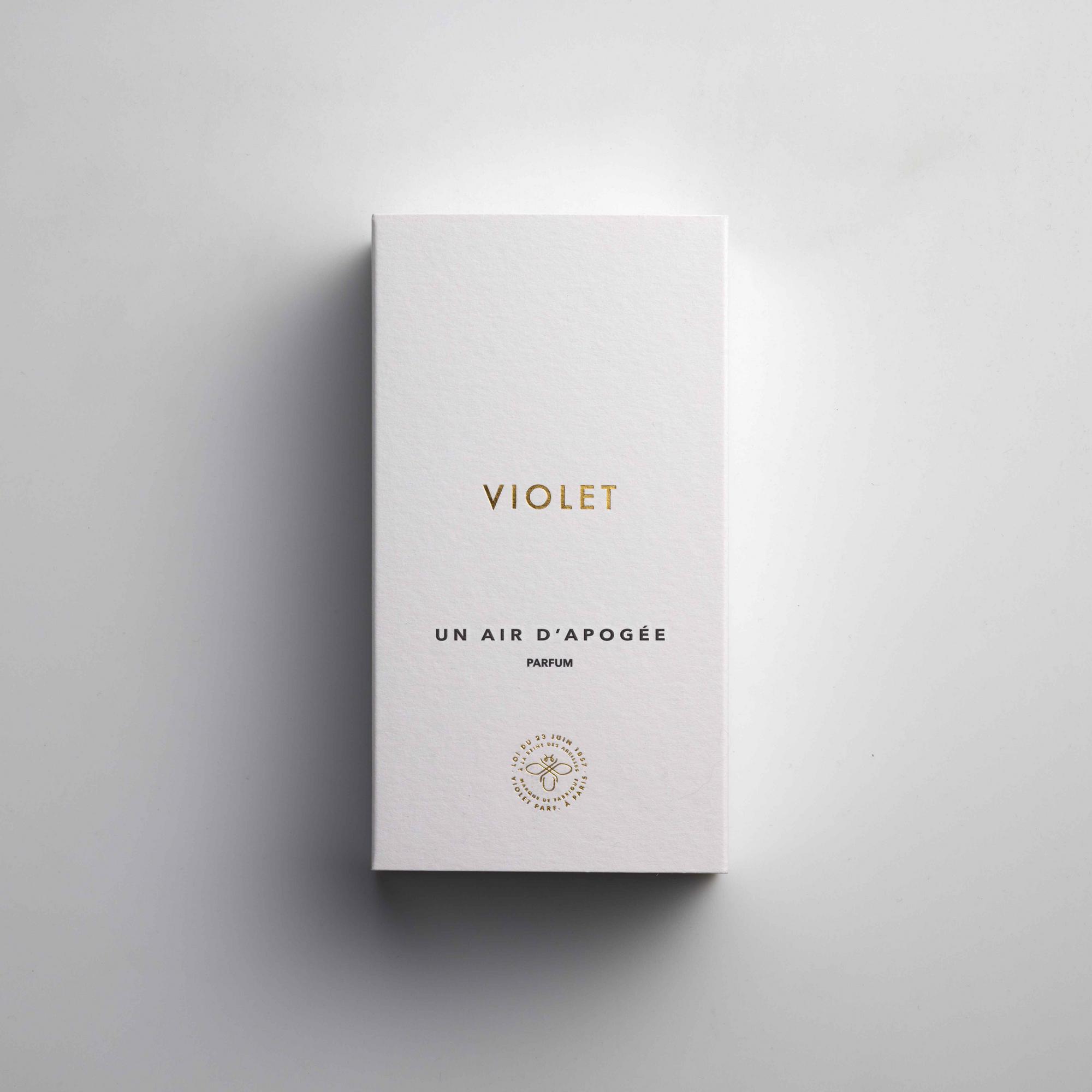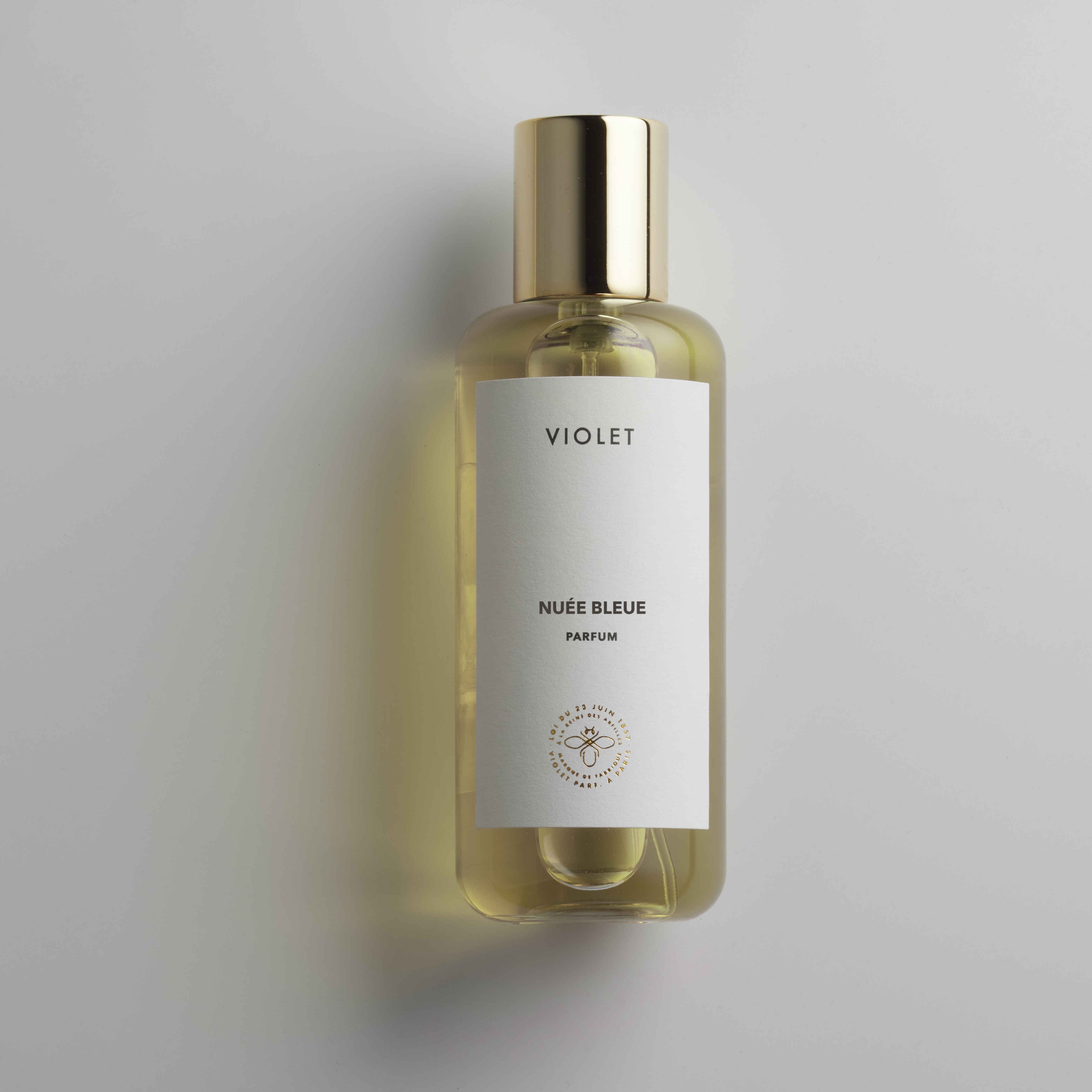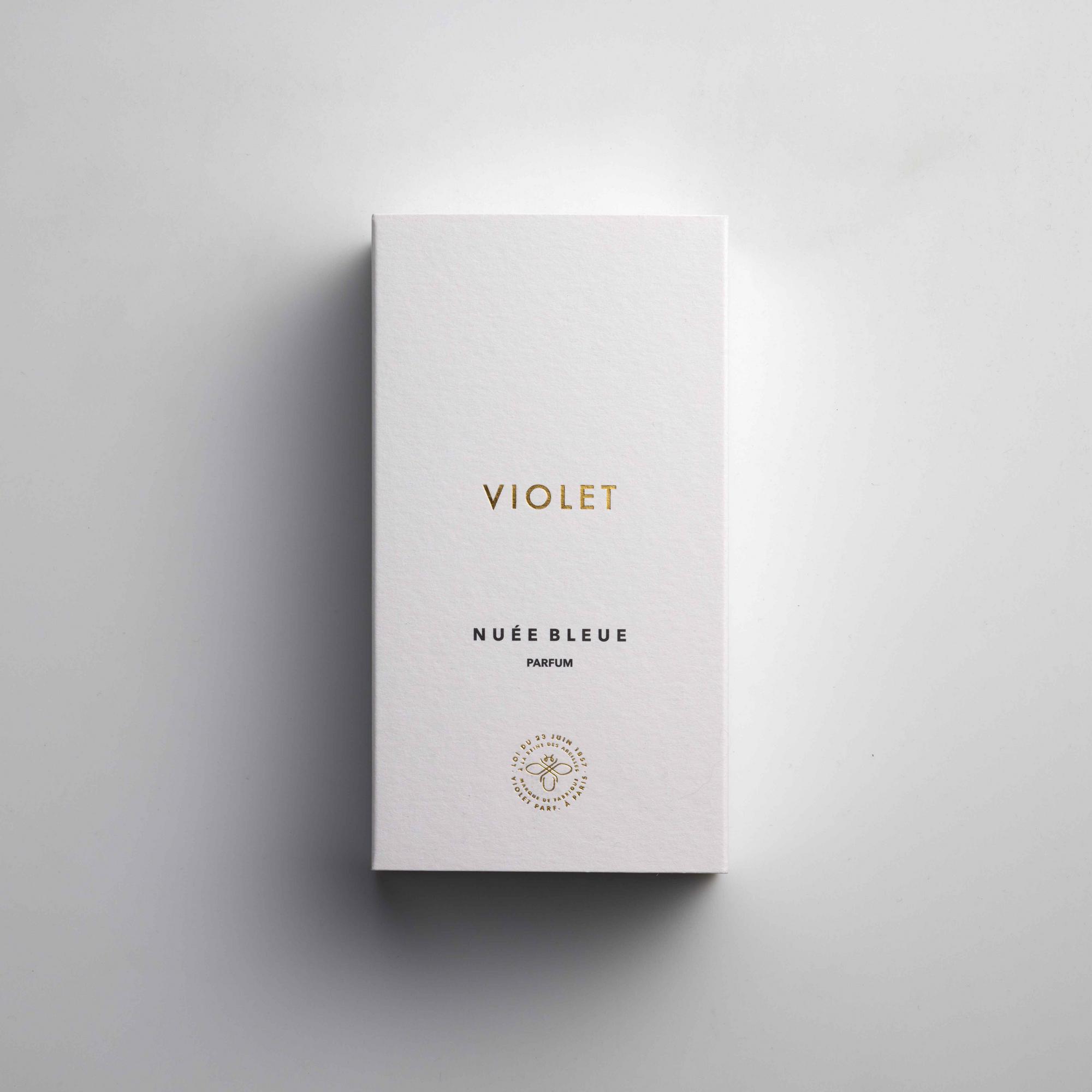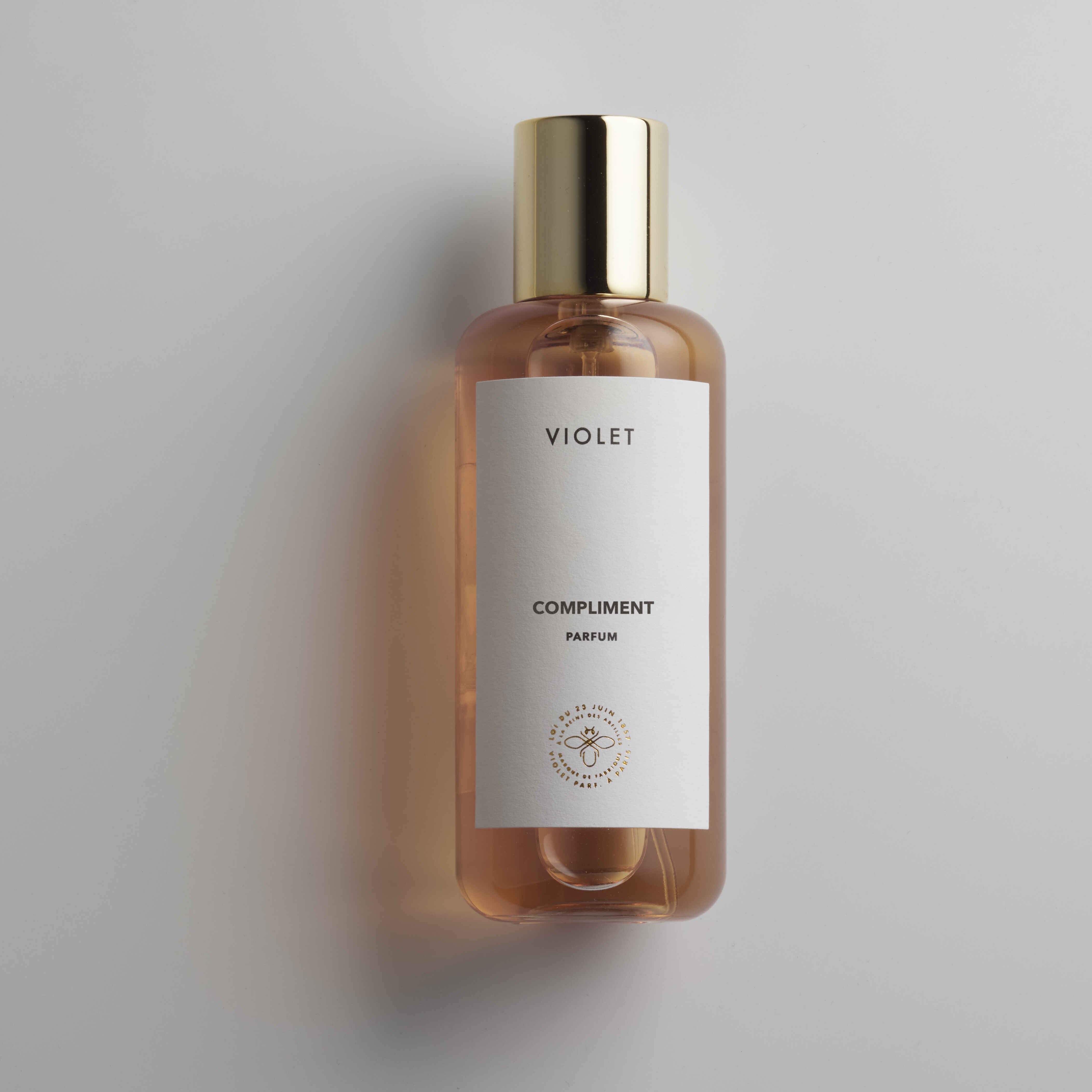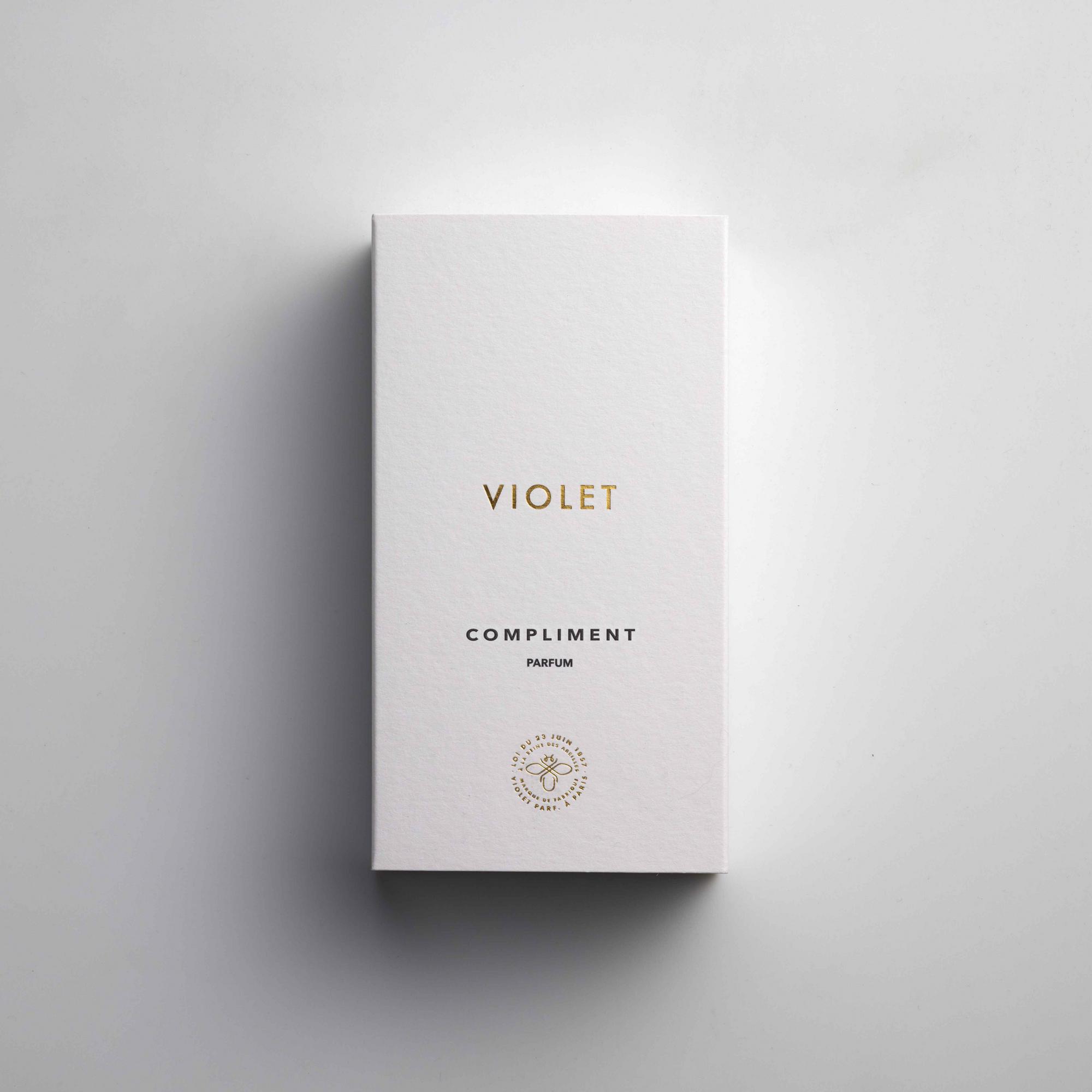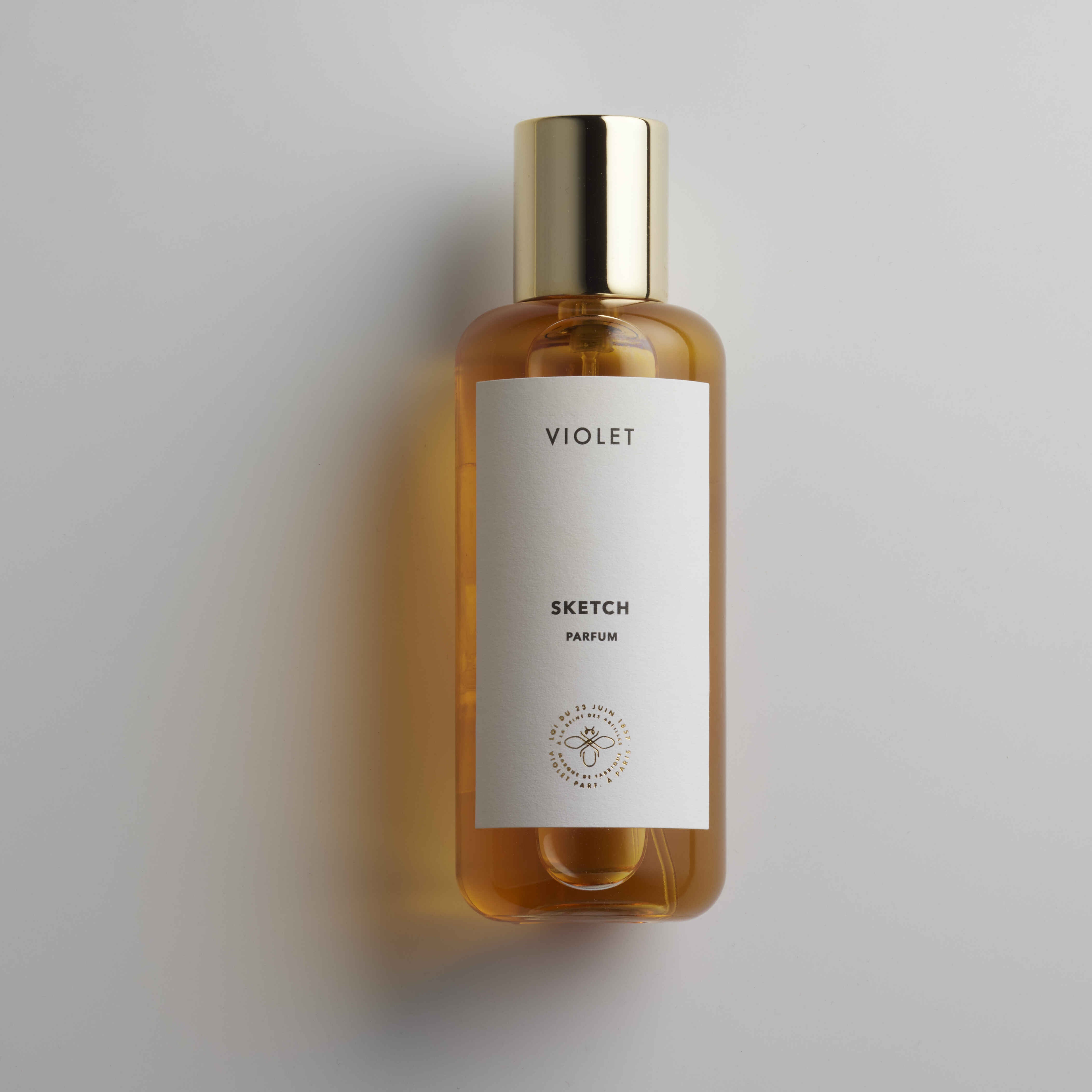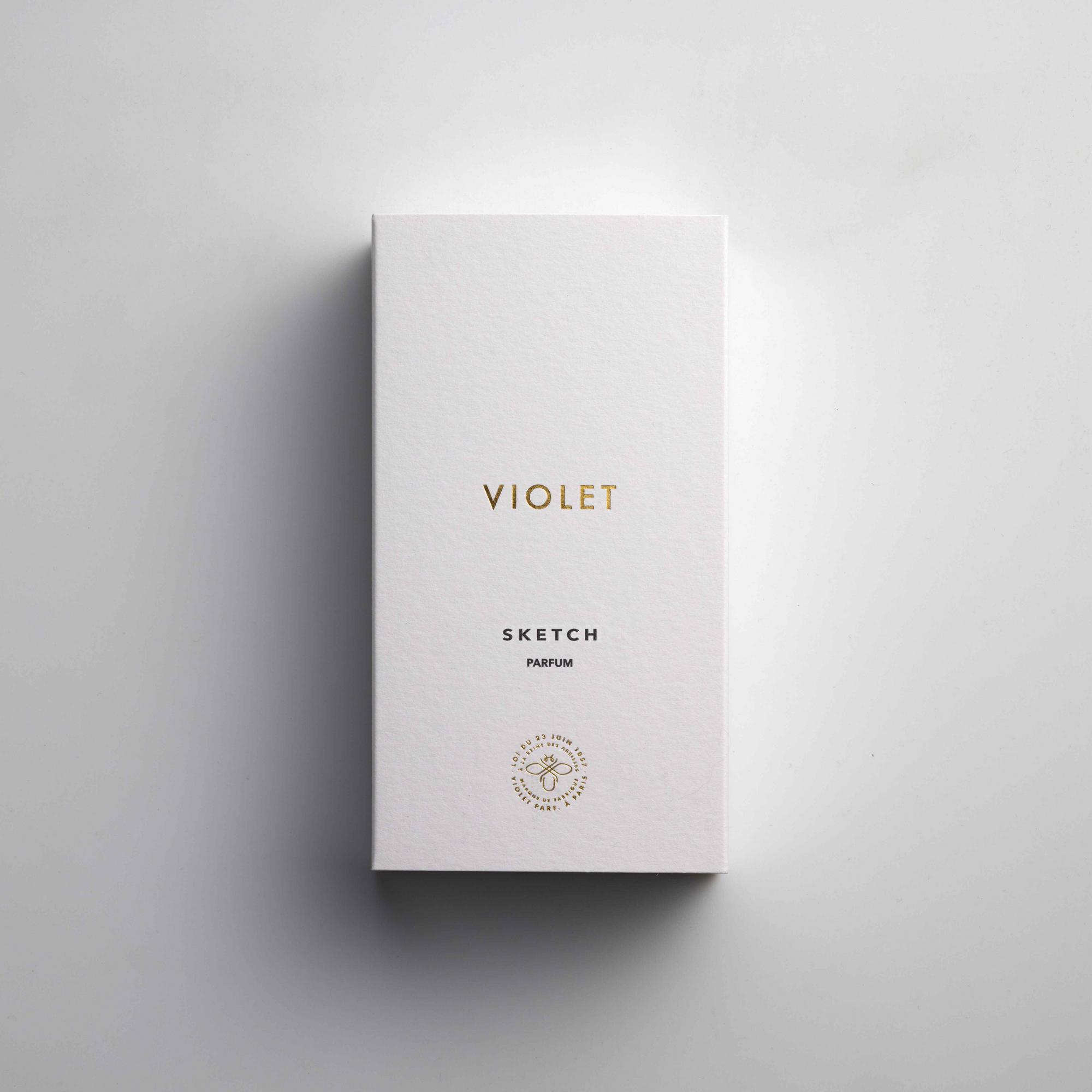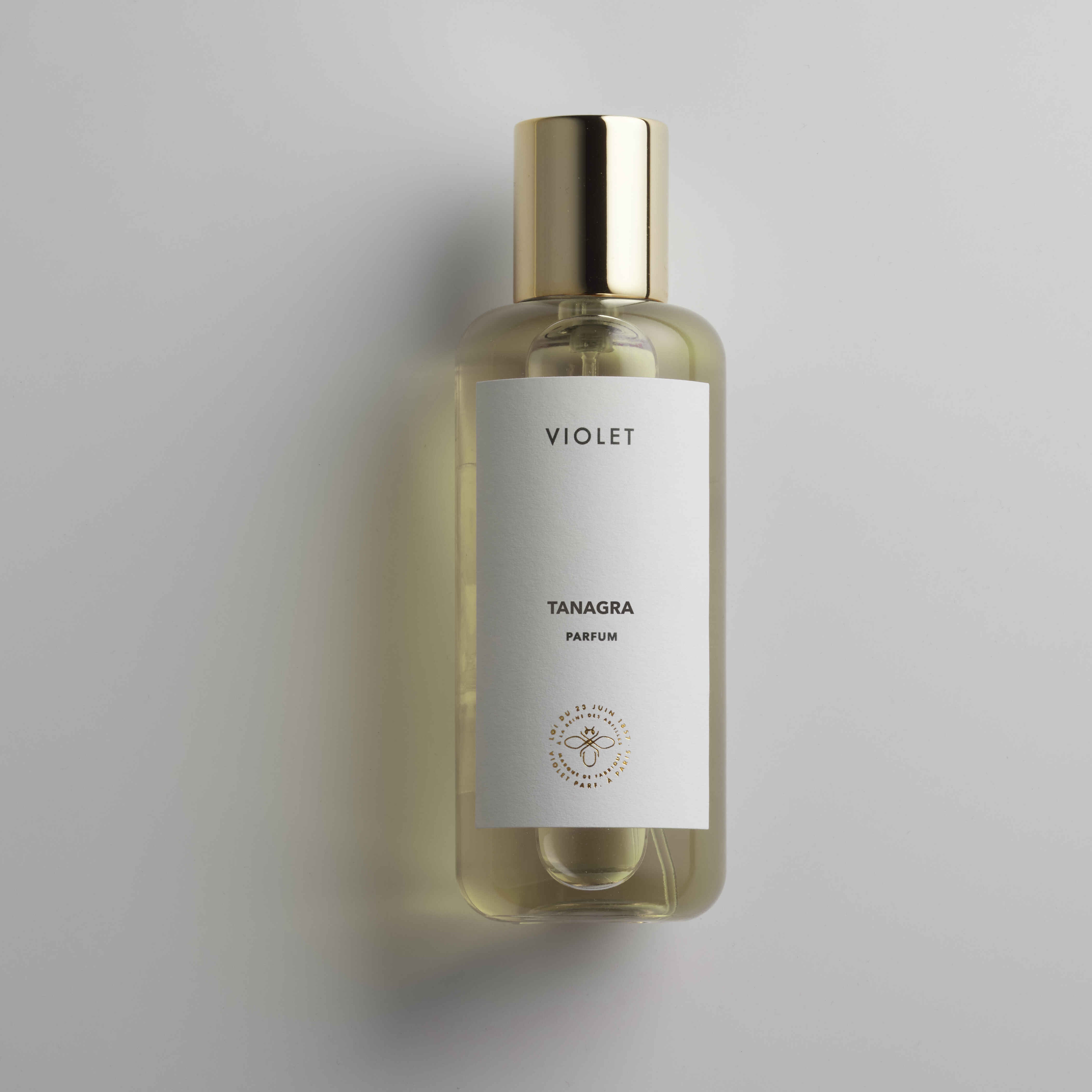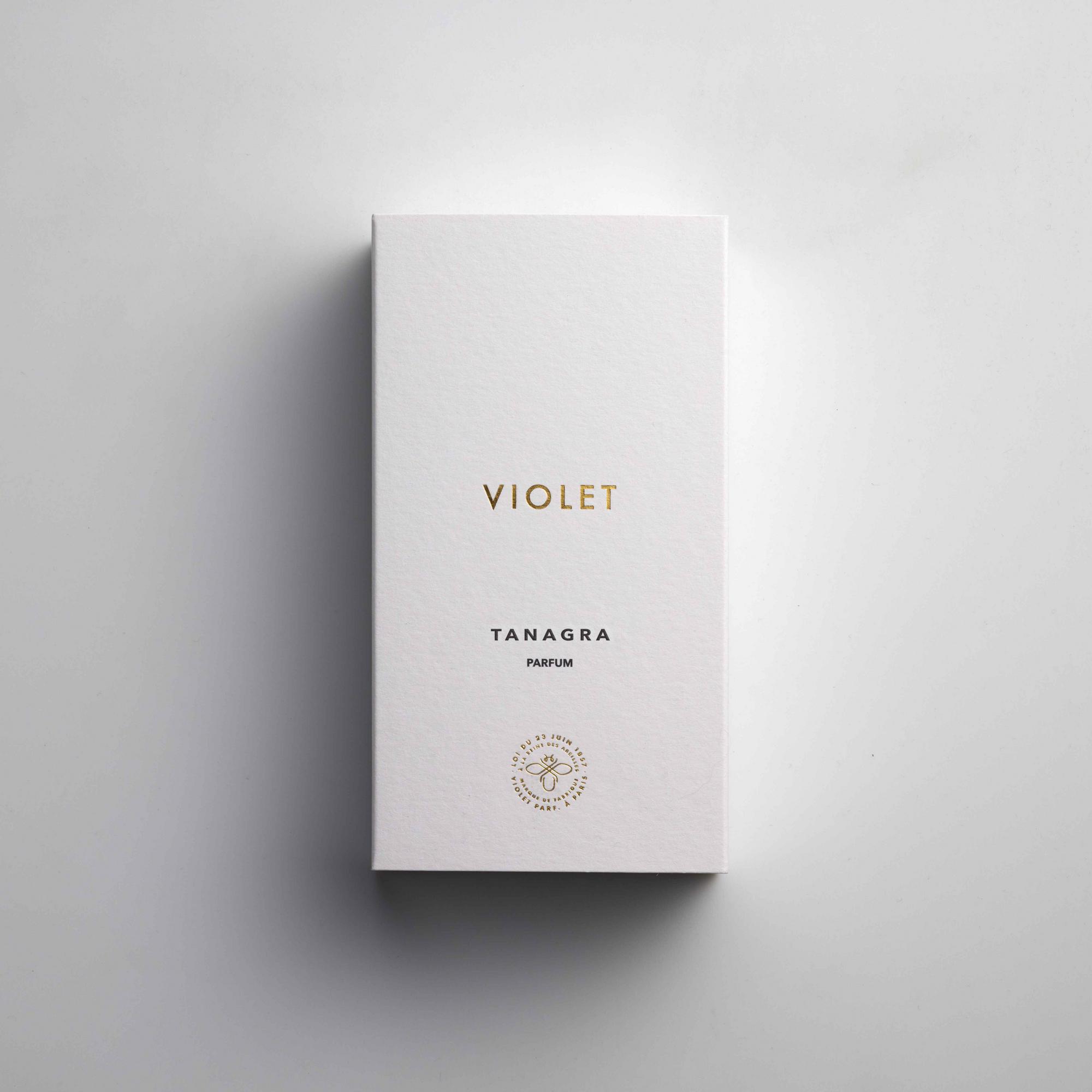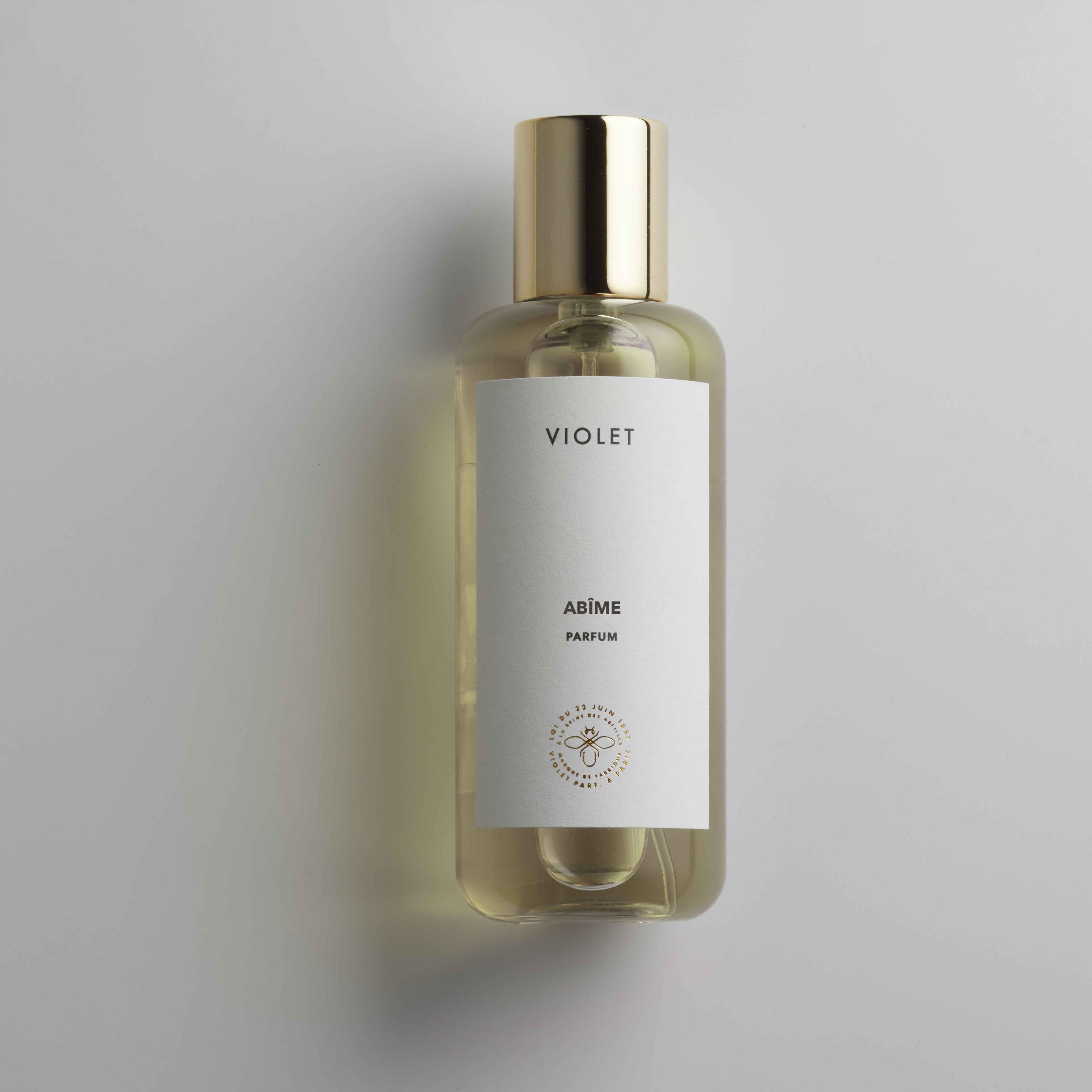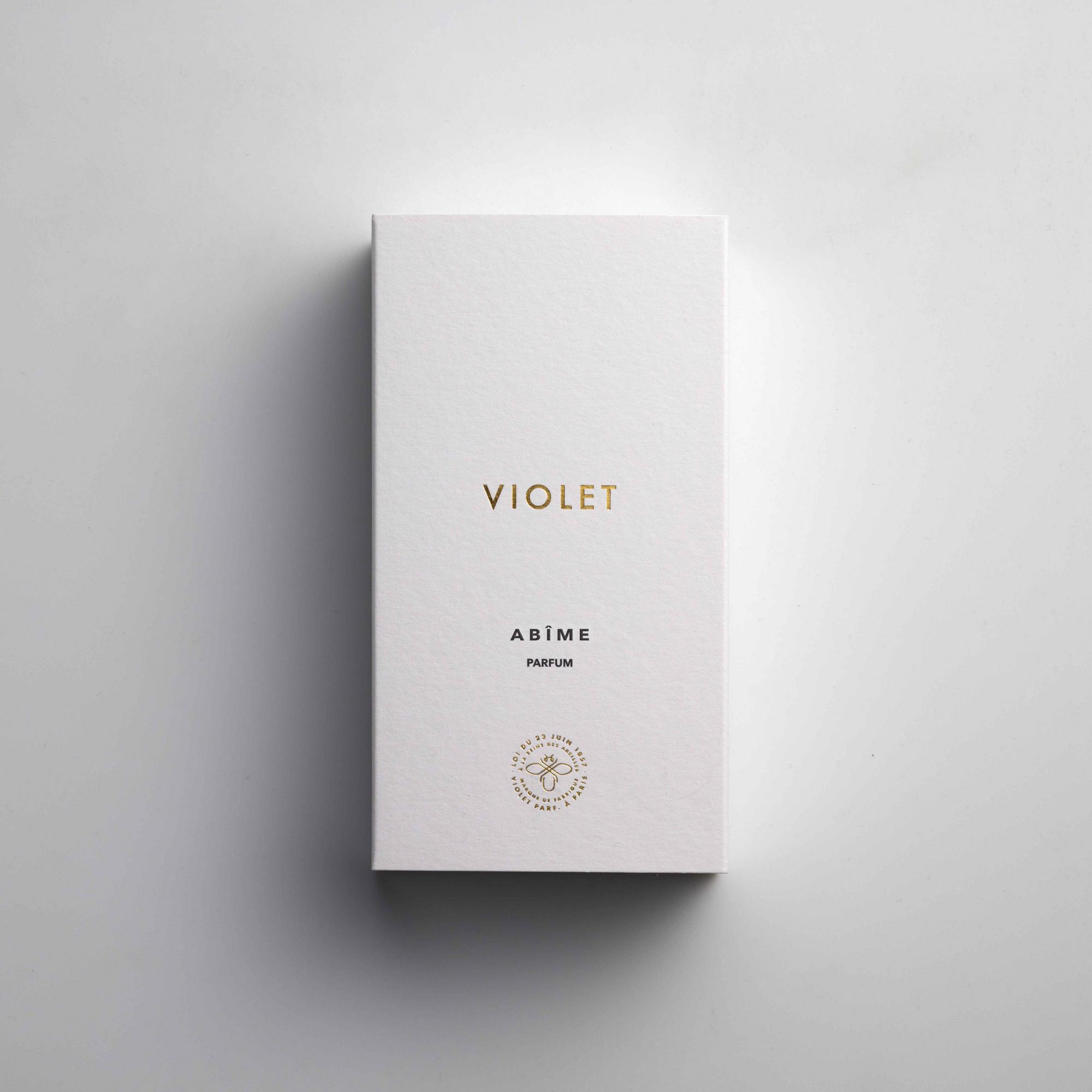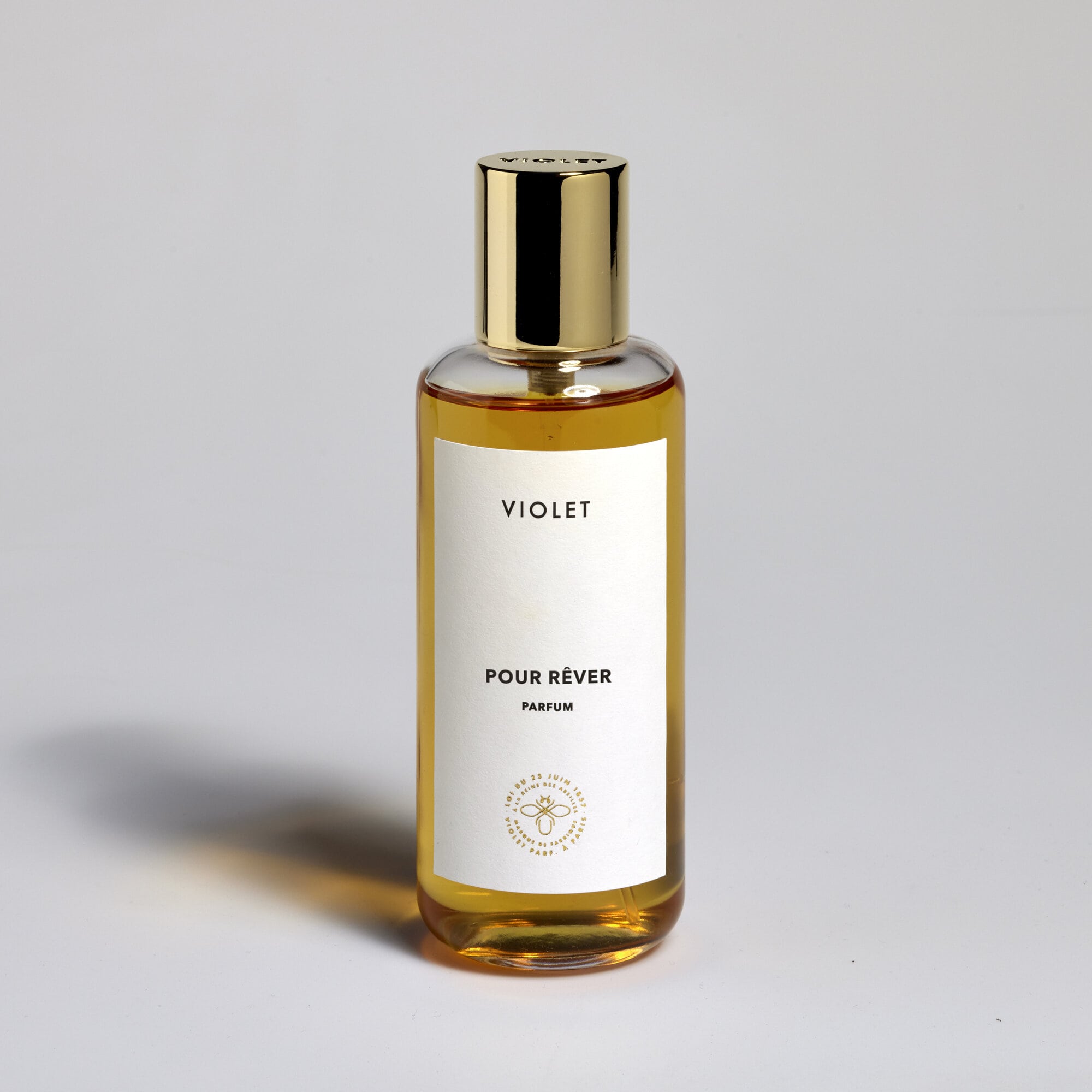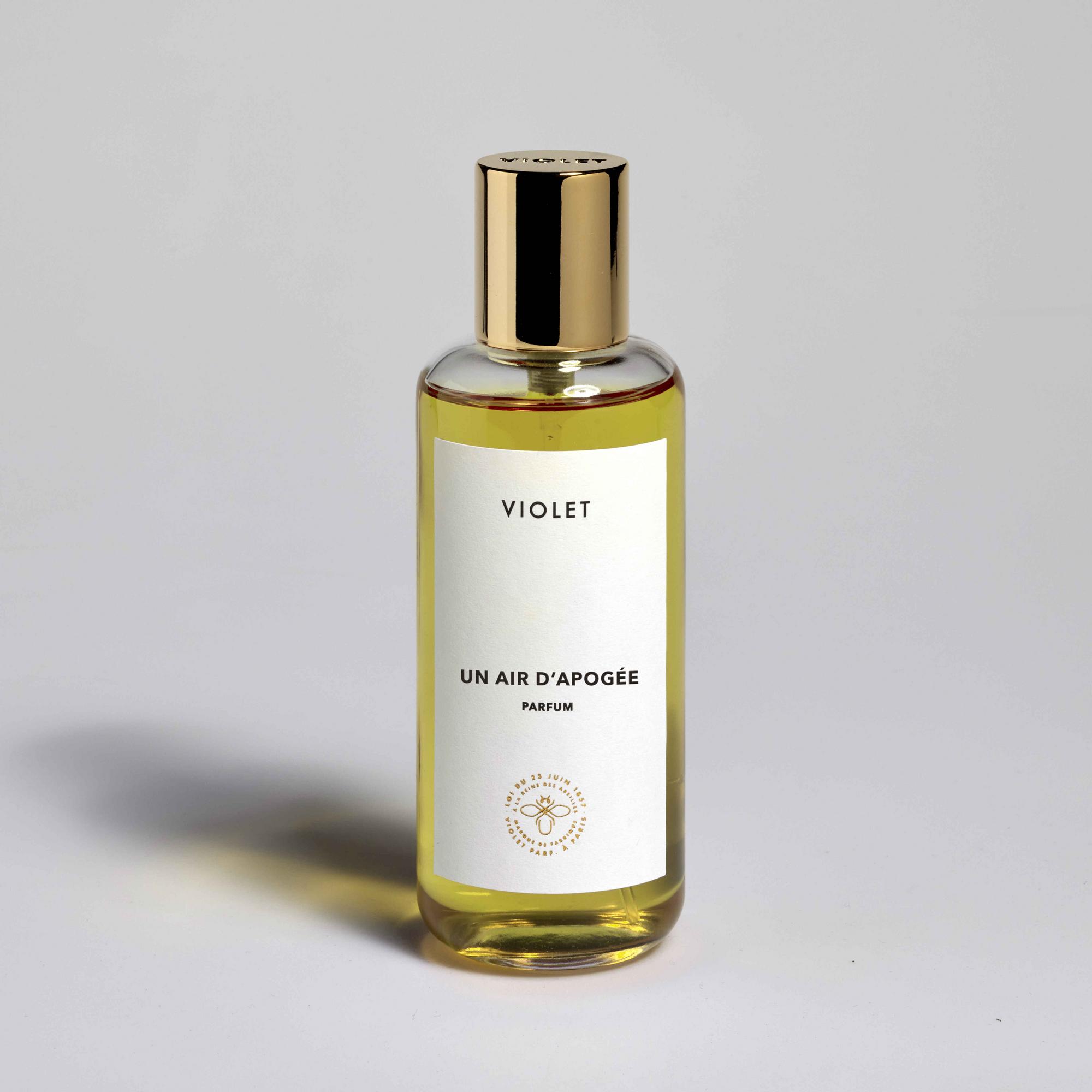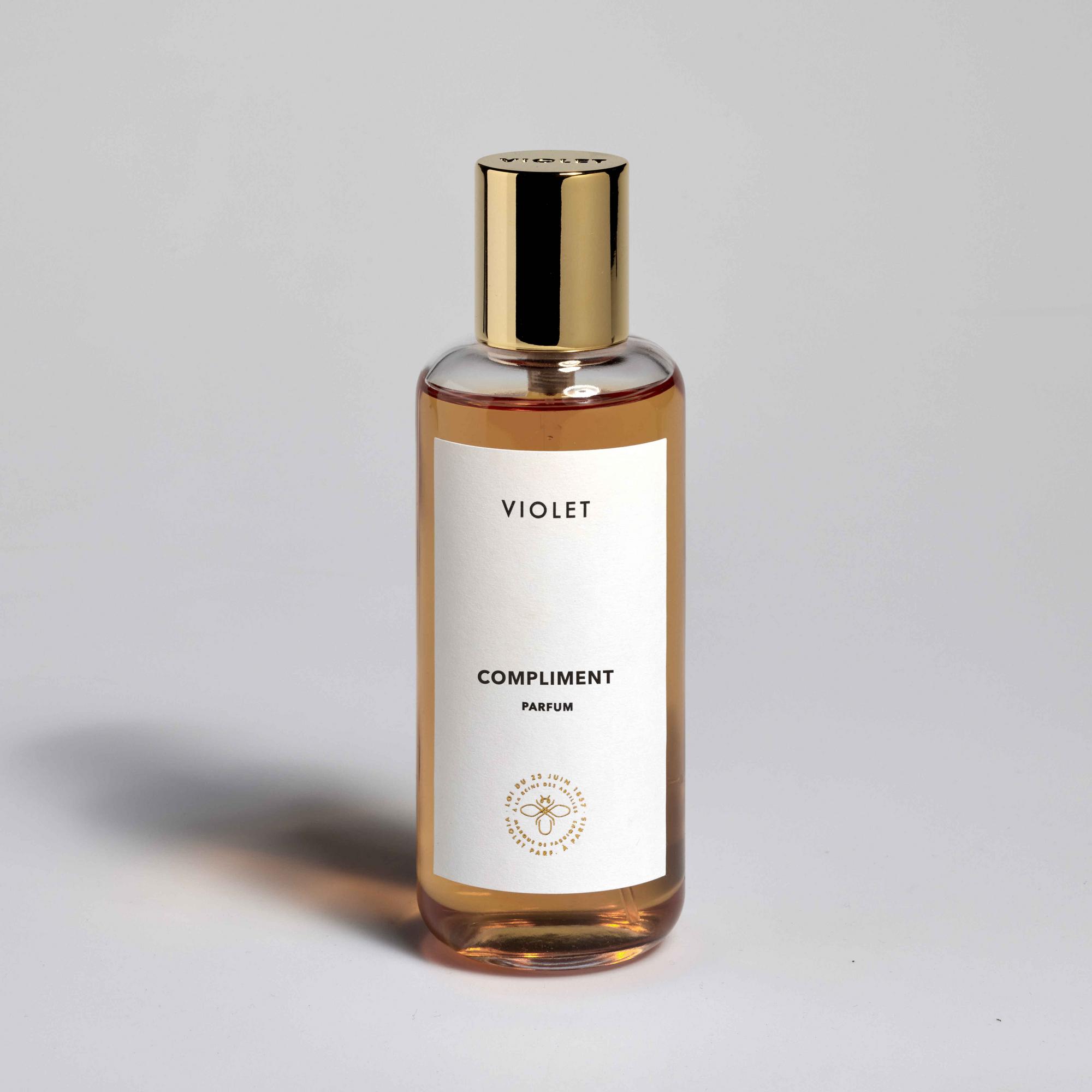Sourcing d'ingrédients
MAISON VIOLET places great importance on the ethical sourcing of quality ingredients. Our team is actively committed to implementing operations that ensure fair working conditions and equitable purchasing of premium ingredients from our agricultural partners.

Red Berries
Sourced in Scotland, the red berries are grown close to the extraction plant to prioritize short supply chains, maintain freshness, and ensure optimal quality. Our partner companies, which adhere to sustainable practices, use fruits with visual defects that are often rejected for direct sale. Despite these imperfections, the berries retain all their gustatory and aromatic properties, helping to prevent waste.
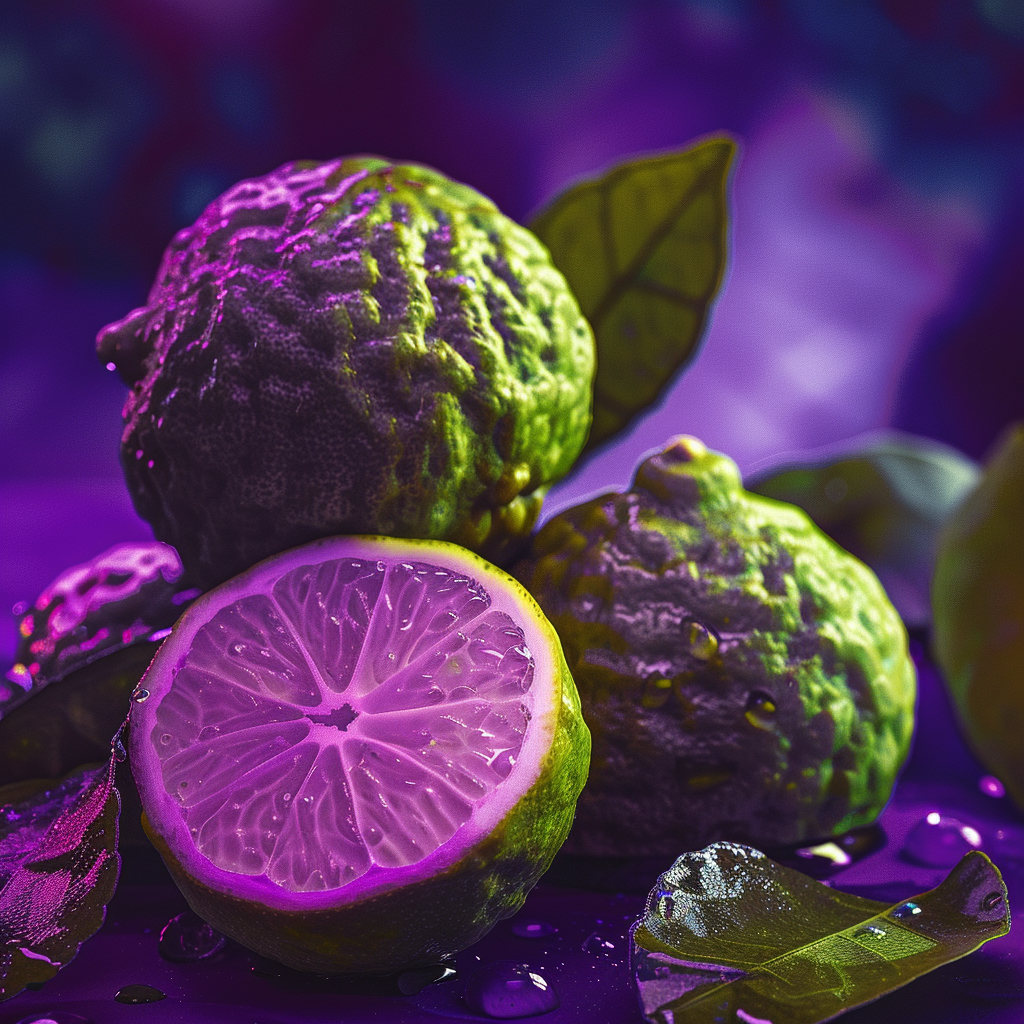
Bergamot
A hybrid of lemon and orange, our bergamot is cultivated exclusively in Calabria. Our partner company has sponsored our supplier for the past ten years to secure the future of bergamot against current threats. Low prices had led to aging plantations and jeopardized traditional processes. By maintaining a short supply chain, establishing long-term contracts, and committing to purchase the entire production at attractive prices, we have provided greater security to the producers, preserving their expertise.

Atlas Cedar Wood
Originating from Ifrane, a province that contains half of Morocco's biodiversity, the Atlas cedar used in "Un Air d'Apogée" comes from Azrou, a town nestled in the heart of the Atlas Mountains. Historically significant to Morocco's culture, environment, and economy, this fragrant wood is considered a "national treasure." Its production is controlled by local authorities to combat climate change caused by overexploitation. The essential oil is locally obtained by distilling wood chips, a byproduct of furniture manufacturing.

Chinese Cedar Wood
With leather and tobacco notes, Chinese cedar can be used as a substitute for cade oil. Cultivated in the provinces of Guizhou, Gansu, and Sichuan, it grows among wild forests. Farmers sustainably harvest it by uprooting old stumps and roots of dead trees, which are then ground and distilled.

Virginian Cedar Wood
A state-of-the-art distillation process with log recovery is implemented. The trees are harvested at maturity to avoid premature cutting. No part of the tree is wasted: every part is used either for distillation or for confectionery, making this supply chain one of the most sustainable.
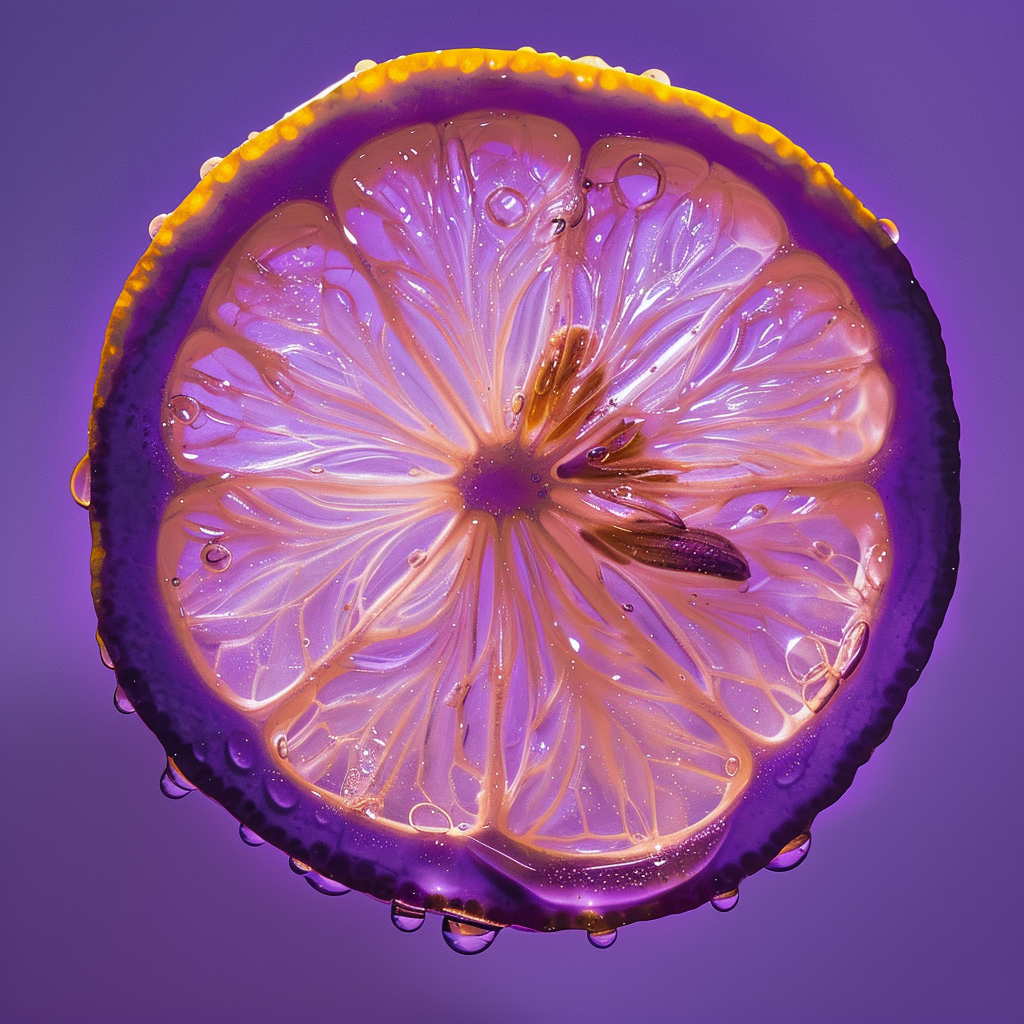
Lemon
Originating from Italy, the lemon we use primarily grows in Palermo, Messina, and Syracuse. A local cooperative handles the harvest, which is done manually.

Labdanum Cistus
Sourced in Andelavo, Spain, the labdanum used comes from a certified Andalusian supply chain. Producers respect the harvest cycles, and the wheat fields where wild labdanum grows are left fallow for 2 to 3 years to ensure they develop in the most natural and sustainable manner possible. The labdanum is hand-picked, and extraction takes place in a local, family-owned facility.

Tonka Bean
Originating from South America, tonka bean is the fruit of Dipteryx odorata, a tree species more commonly known as Cumaru. It is harvested by indigenous people in the heart of tropical forests. By providing fair pricing and a guaranteed market to rural communities, our partners support the local economy. These measures also help combat deforestation.
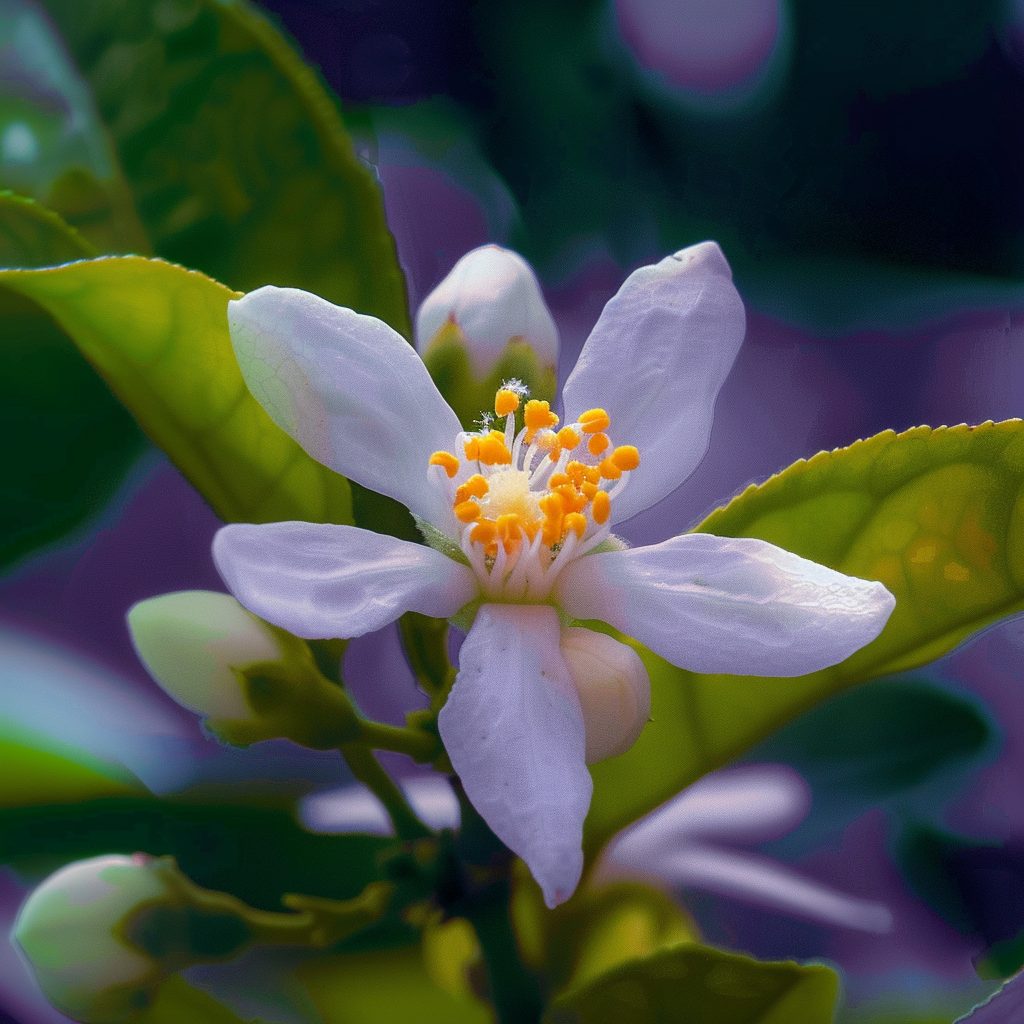
Orange blossom
1,500 women are employed for 3 weeks to harvest the flowers. Our partner company helps these women earn additional income throughout the year and start their own businesses. They provide the women with orange blossom water for the first two years and then sell it to them at a competitive price thereafter. A cooperative of 30 women has been formed to sell this orange blossom water, and our partner has assisted them in product development as well as developing a comprehensive marketing strategy.
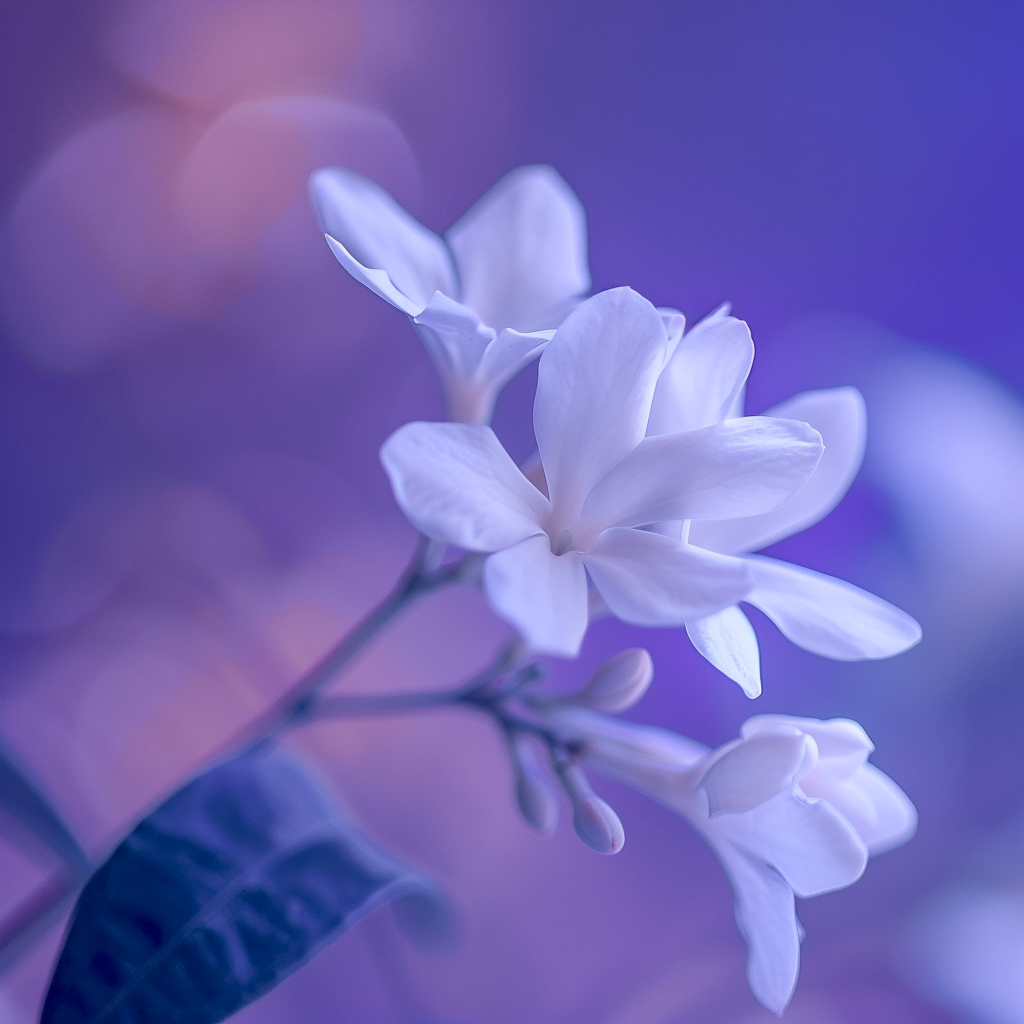
Jasmin
The jasmine plants used in COMPLIMENT are located in the Nile Delta, where the soil is rich, ensuring optimal flowering. We source from a company that promises excellent quality and rigorous control throughout the flower extraction process.

Sambac Jasmin
Sambac jasmin originates from Asia and grows throughout the year. In India, its flowers are used for religious adornments. Our partner company ensures fair income and a decent standard of living for local farmers who hand-cultivate these flowers. They also purchase leftover buds from commercial activities and unsold flowers after religious festivities, thereby preventing wastage.
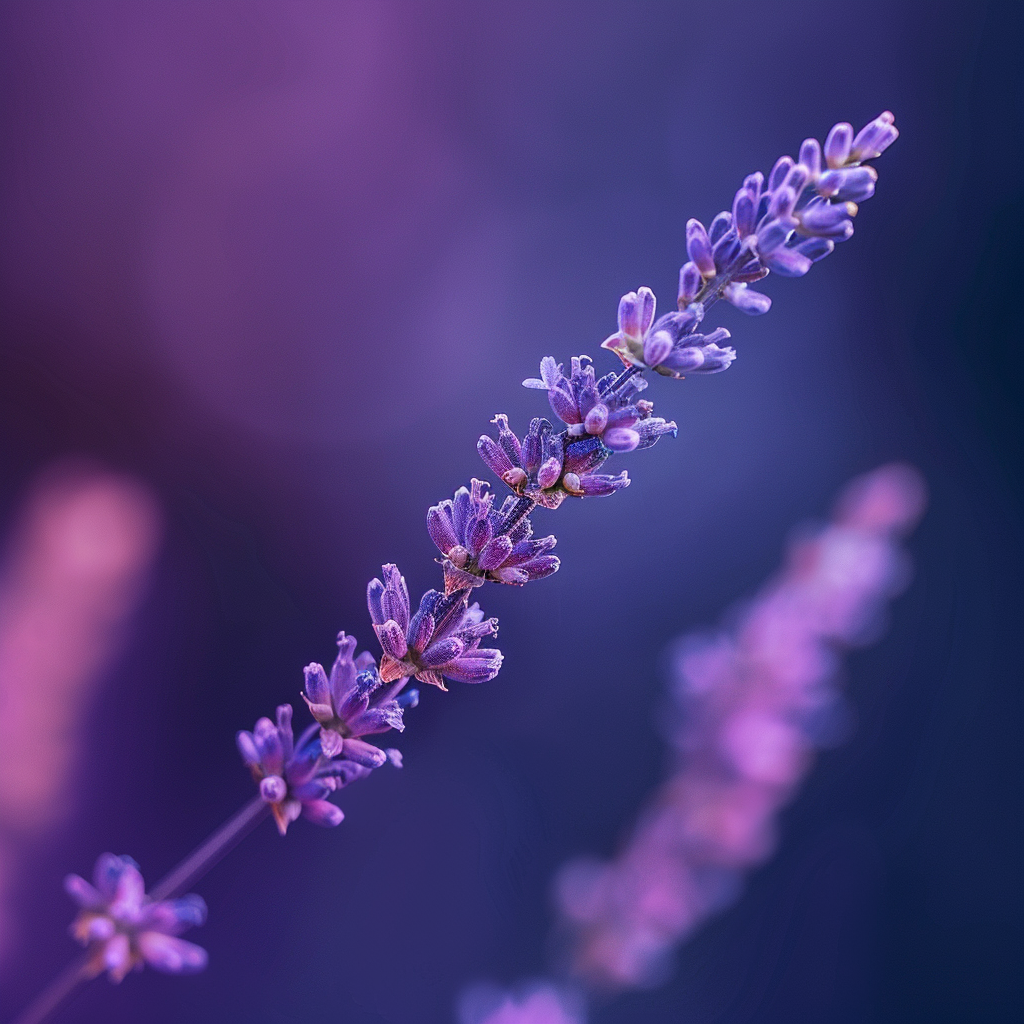
Lavender
France is one of the main producers of lavender, and we use French lavender in NUÉE BLEUE. Our partners have developed a program to diversify lavender, lavandin, clary sage, and coriander, which allows for a blend of aromatic plants ensuring higher and more consistent incomes for local producers. Distillation and harvesting are done locally.
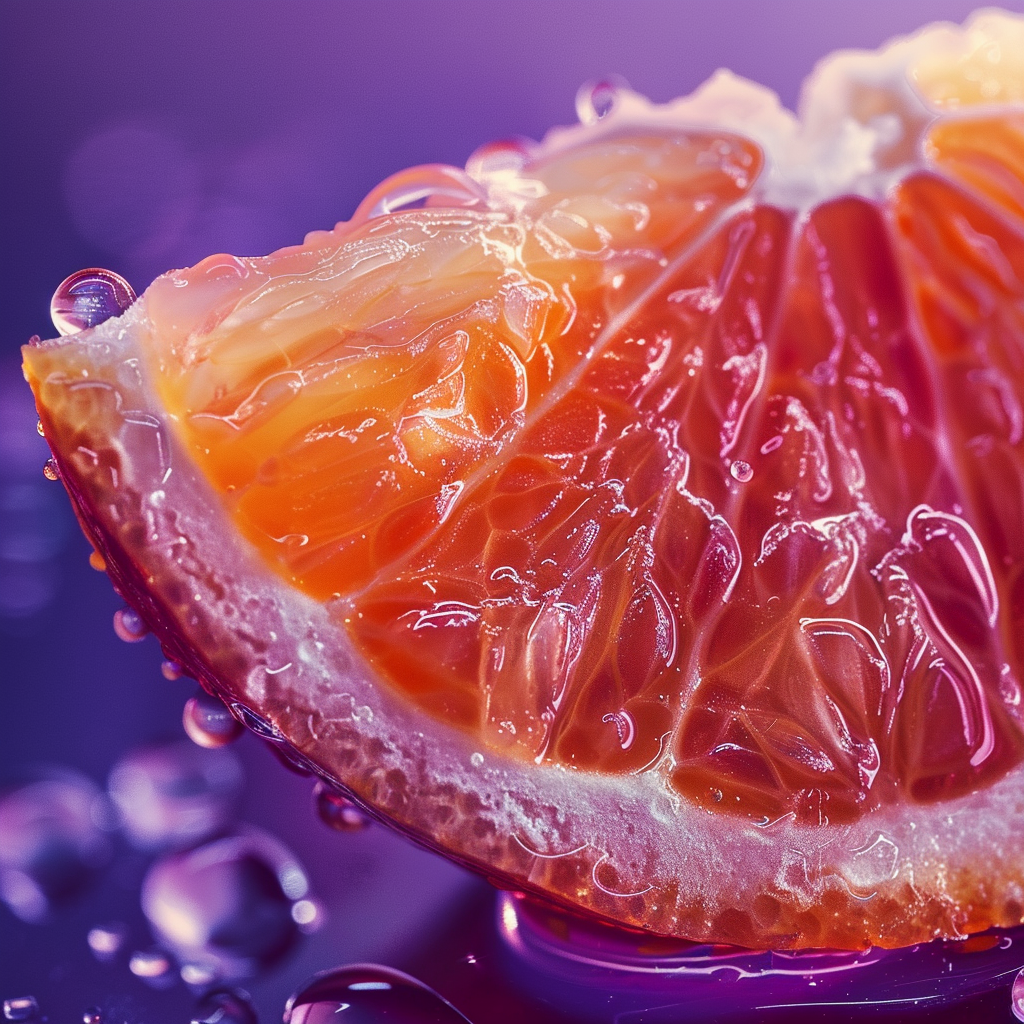
Tangerine
With a relatively lower yield compared to other citrus fruits like oranges or lemons, Italian tangerines are primarily cultivated in Sicily and Calabria. We have partnered with a family-owned factory for five generations that emphasizes the preservation and protection of traditional craftsmanship while integrating innovations in various extraction processes.
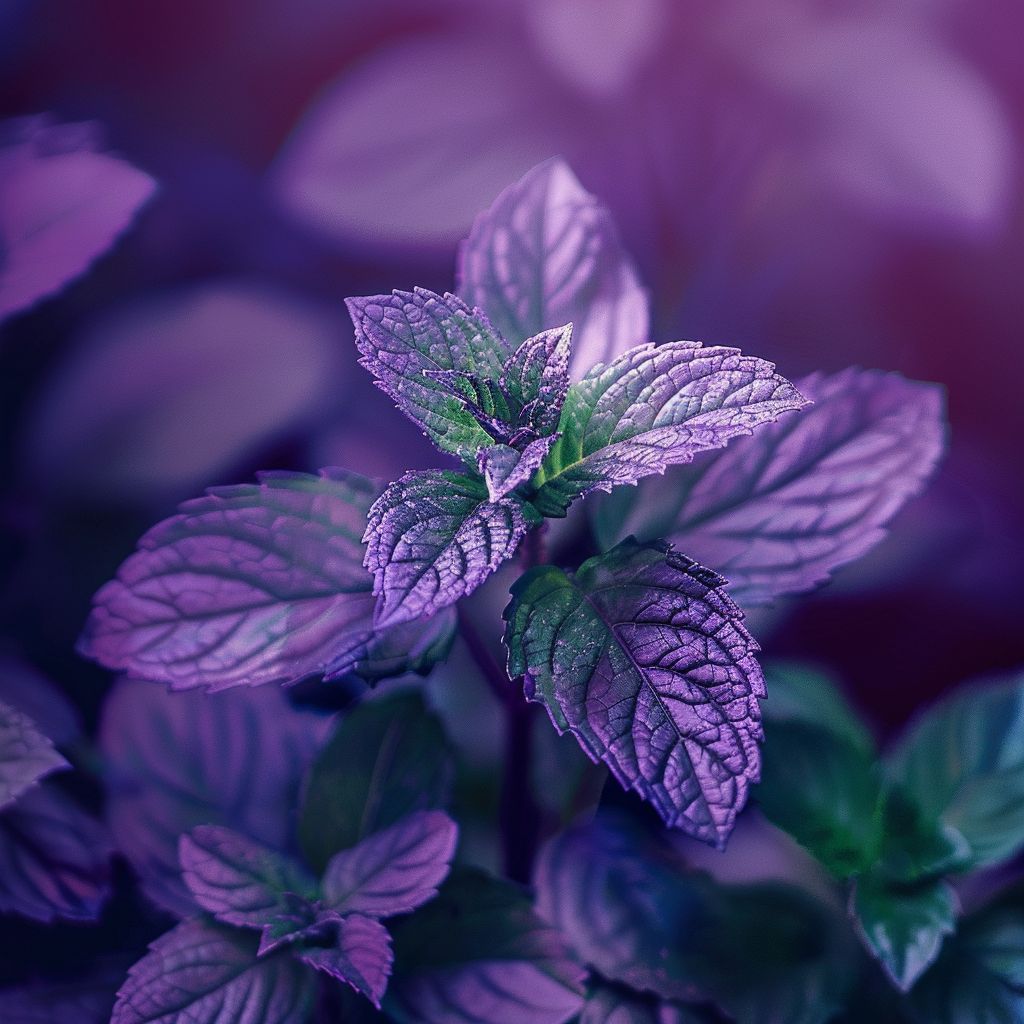
Mint
In the United States, in partnership with ESSEX, the mint cultivated is exclusively tailored for the fragrance sector. Numerous crossbreeding efforts are undertaken to optimize yields, minimizing environmental impacts and water consumption. Among 4000 tested varieties, all non-GMO, only one emerges as the winner. Mint is highly water-demanding, posing challenges in regions where water resources are scarce. Therefore, systems have been implemented to reduce evaporation and lower water usage.

Olibanum
Our Olibanum, also known as incense, originates from the mountains of Somaliland and is harvested by local partners. This involves a family tradition with harvesting techniques passed down through generations. The use of their frankincense preserves their traditional craftsmanship, respects nature, and provides a fairer income to meet their needs.

Patchouli
Patchouli faces significant speculation, leading to highly unstable prices that discourage growers with fluctuating and often insufficient incomes. Our partner has implemented minimum pricing and purchase guarantees to provide stability for farmers and distillers, encouraging them to continue cultivating Patchouli. This approach also increases revenue by reducing intermediaries, redirecting their margins directly to farmers. Social aspects are also addressed with the establishment of a preschool for children, demonstrating a commitment to building trust and fostering long-term sustainable partnerships with farmers.
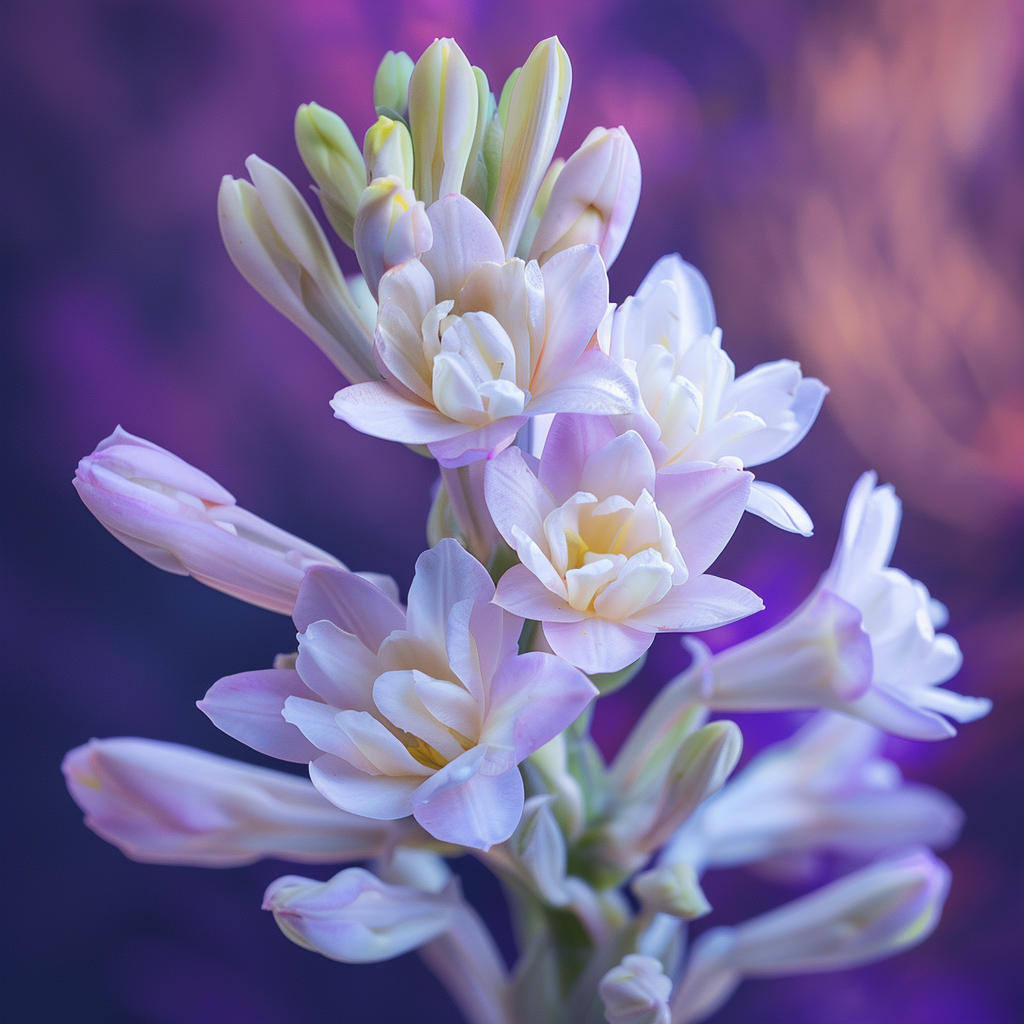
Tuberose
Native to Mexico, in India and Bangladesh, tuberose is primarily used for weddings and other religious ceremonies. Our partner sources from the flower market in Madurai Tamil Nadu, southern India. Their strategy aligns with local traditions: they purchase the remaining floral buds after the morning market's sale of garland flowers, thereby preventing wastage of the blooms.

Sandalwood
Long depleted in India, the sandalwood used now comes from a sustainable plot in Australia. Harvested by removing the entire tree, this method promotes better soil regeneration and higher yields. For over 15 years, farmers have been overseeing the entire process, from nursery to distillation.

Vanilla Planifolia
Vanilla is a hermaphrodite plant that requires human pollination. In Madagascar, significant expertise has been developed, notably with the company Authentic. This enterprise guarantees a minimum price to ensure vanilla growers can earn a decent living. They also implement initiatives to support local communities, such as digging water wells in each village and establishing hospitals and sanitation facilities.

Vetiver
Harvested in Haiti, vetiver significantly contributes to the country's economy. Its cultivation enables the population to earn stable and fair incomes. We use the finest variety of vetiver sourced from an Ecocert certified, organic, and fair trade company. The essential oil is purchased at a 3% premium over market value, with these funds directly benefiting the local cooperative, which invests them in health and environmental projects for the community.
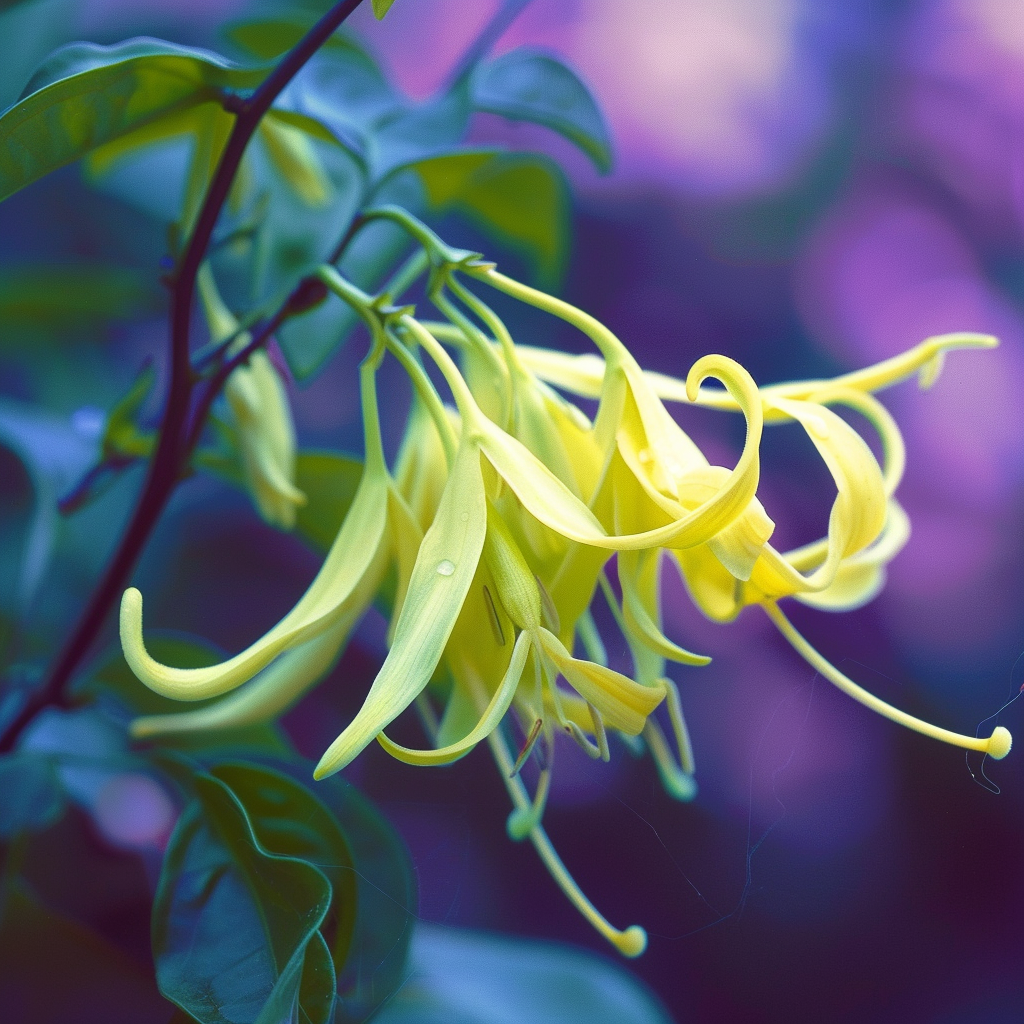
Ylang Ylang
Cultivated in the islands of the Indian Ocean, including Madagascar and Mayotte, the Comoros remain the world's leading producer of Ylang Ylang. The trees are pruned with respect to biodiversity to enhance flowering. Traditional distillation yields fractionated oils. Our partner, one of the leading exporters of Ylang Ylang from the Comoros, is thus developing an ethical and sustainable network with qualified producers.

